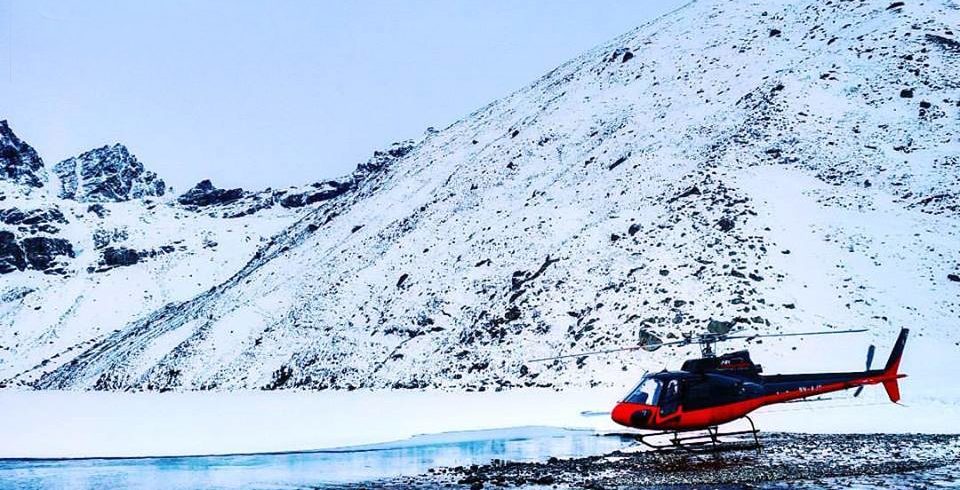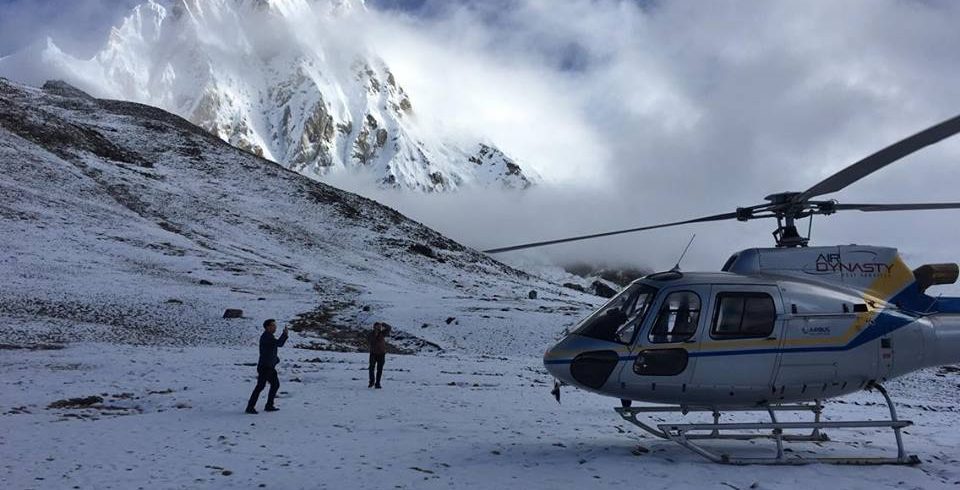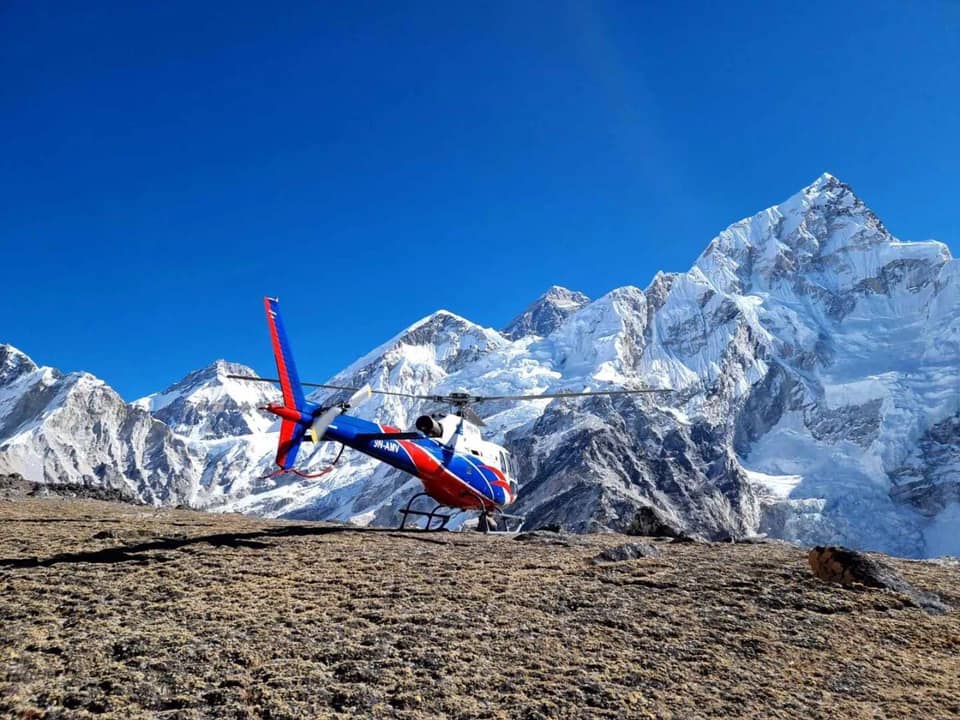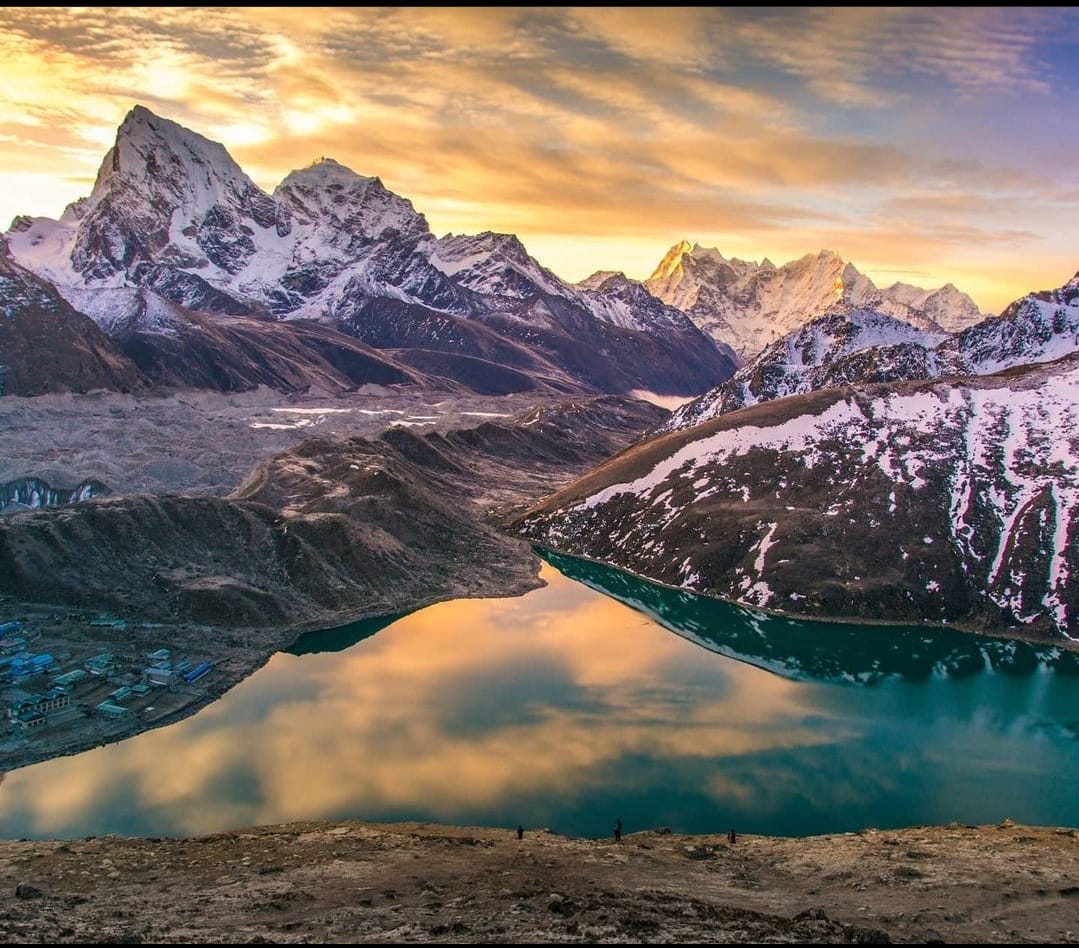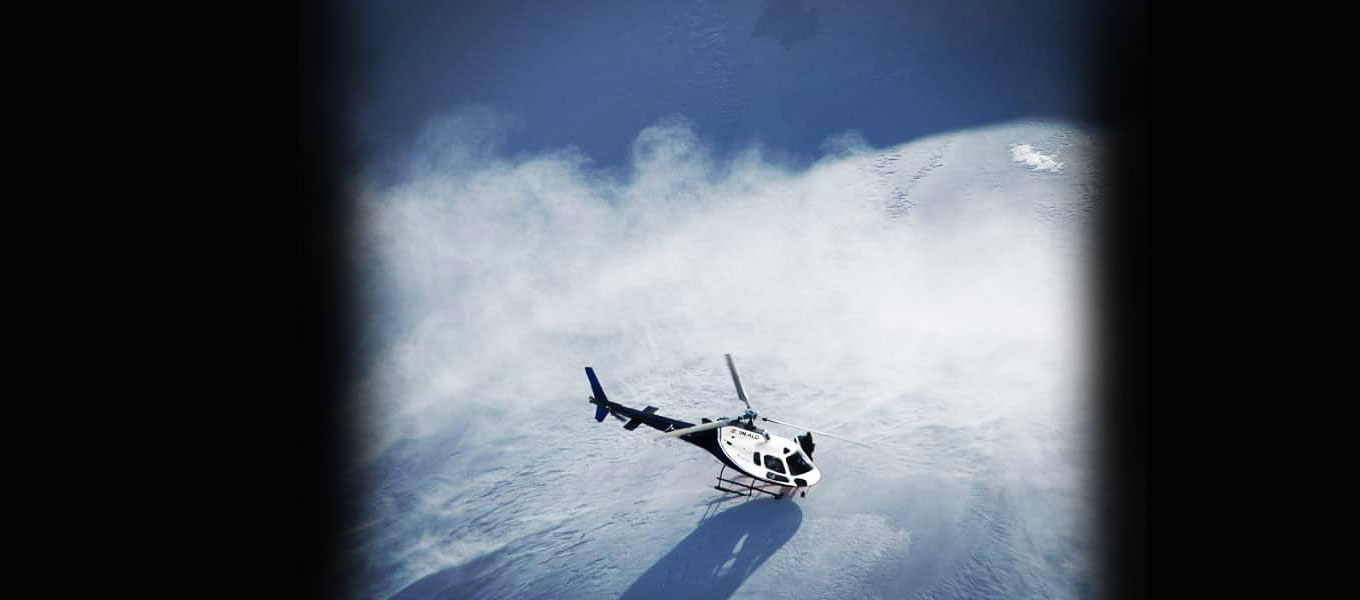1st May 2025
Everest Helicopter Tour: Landing vs Overfly – Which One to Choose?
Introduction
An Everest helicopter tour is one of the most exhilarating ways to experience the grandeur of the Himalayas, especially Mount Everest—the world’s highest peak. For many travelers to Nepal, this once-in-a-lifetime adventure comes in two main forms: helicopter landing tours and flyover (overfly) tours. Both options offer spectacular aerial views, but they differ in experience, duration, cost, and personal interaction with the landscape.
In this guide, we break down the key differences between landing and flyover helicopter tours to help you decide which is right for your Himalayan adventure.
What Is an Everest Helicopter Flyover Tour?
An Everest helicopter overfly tour involves a scenic flight from Kathmandu (or sometimes from Lukla) over the Everest region, offering breathtaking views of the snow-capped Himalayan peaks including Everest, Lhotse, Nuptse, and Ama Dablam. However, it does not include landing at Everest Base Camp or nearby.
Key Features:
-
Duration: 3 to 4 hours (round-trip)
-
Maximum altitude: Around 6,000 meters
-
Stops: May include short breaks at viewpoints like Kalapatthar or Hotel Everest View (weather permitting)
Benefits:
-
Cost-effective compared to landing tours
-
Great for those short on time
-
No high-altitude exposure risk
Drawbacks:
-
No on-ground experience at Everest Base Camp
-
Limited photo opportunities on solid ground
What Is an Everest Helicopter Landing Tour?
A landing helicopter tour typically includes a scenic flight over the Khumbu region and one or more landings—most notably at Everest Base Camp (during suitable conditions) or Kalapatthar. These tours may also land at Hotel Everest View for breakfast with a panoramic mountain backdrop.
Key Features:
-
Duration: 4 to 5 hours
-
Landings: 1–3 locations (Kalapatthar, EBC, Hotel Everest View)
-
Altitude: Up to 5,545 meters (Kalapatthar)
Benefits:
-
Unmatched photo opportunities on ground
-
Physical presence near Everest Base Camp
-
Premium experience for mountaineering enthusiasts
Drawbacks:
-
Higher cost than overfly tours
-
Requires good weather for landings
-
Brief high-altitude exposure (risk of altitude sickness)
Landing vs Overfly: Which Is Right for You?
| Feature | Helicopter Overfly Tour | Helicopter Landing Tour |
|---|---|---|
| Cost | Lower | Higher |
| Ground Landing | No | Yes (EBC/Kalapatthar) |
| Altitude Risk | Low | Moderate |
| Duration | Shorter | Slightly longer |
| Best For | Budget travelers, time-limited visitors | Adventure seekers, photographers, bucket-list travelers |
Cost Comparison
Prices vary by operator and season, but here’s a general estimate:
-
Flyover Tour: USD $900–$1,200 per person (shared flight)
-
Landing Tour: USD $1,200–$1,500 per person (shared flight)
Private charters are also available and can significantly raise the cost.
Best Time for an Everest Helicopter Tour
The most reliable months for either tour are:
-
Spring (March–May): Clear skies and mild temperatures
-
Autumn (September–November): Stable weather and best visibility
Avoid monsoon season (June–August) due to poor flying conditions.
Safety and Guidelines
-
Choose licensed helicopter operators
-
Wear warm, layered clothing and sunglasses
-
Inform pilots of any altitude sensitivity
-
Stay hydrated and follow flight crew instructions
Conclusion
Both Everest helicopter landing tours and flyover tours provide breathtaking experiences over the Himalayas. If your goal is a visual feast with minimal exposure, a flyover is a convenient and cost-effective option. However, if you're looking to physically stand near Everest and capture once-in-a-lifetime moments on the ground, a landing tour is well worth the investment.
Whichever you choose, the Everest helicopter tour is an unforgettable way to witness the majesty of the world’s tallest mountains.
Recent From Blogs
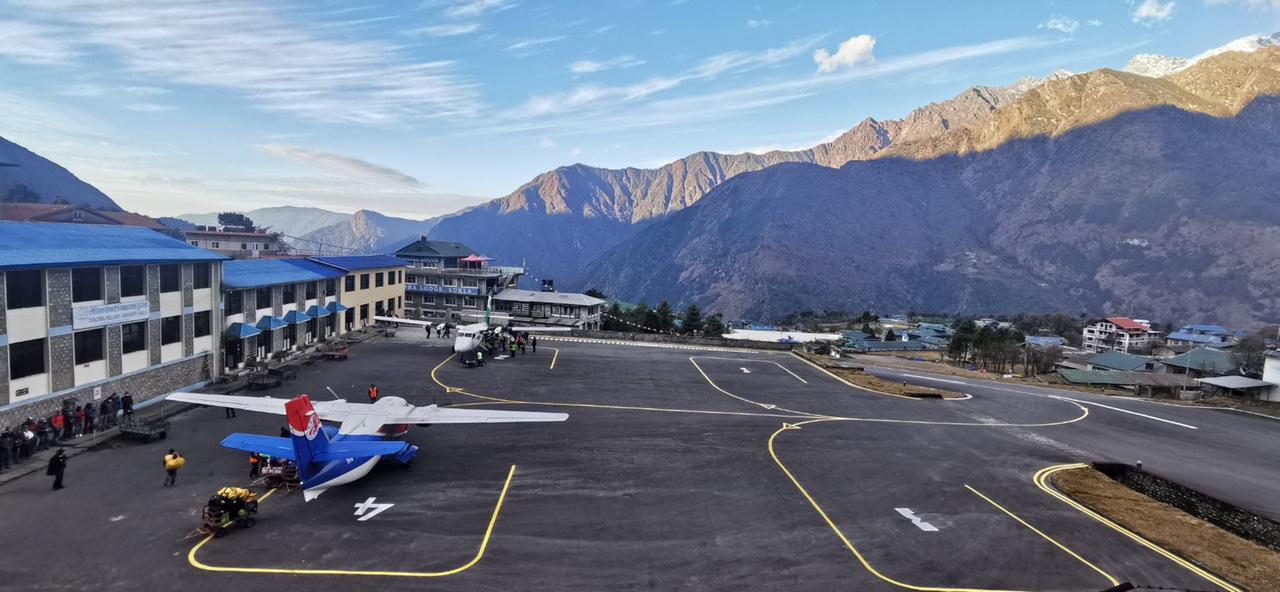
21st March 2025
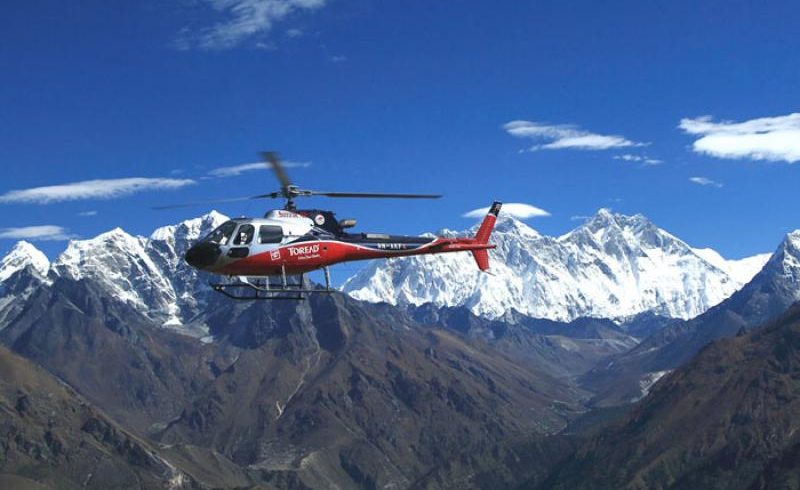
29th April 2025

30th April 2025
1st May 2025
